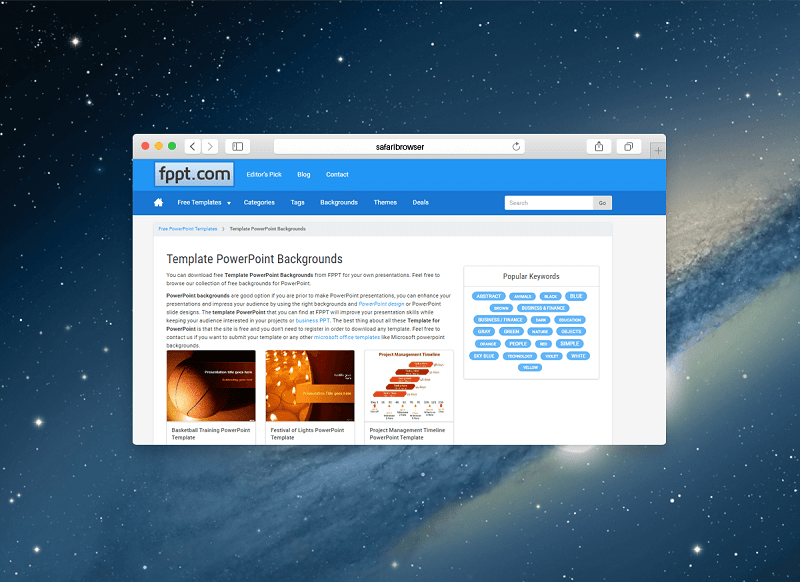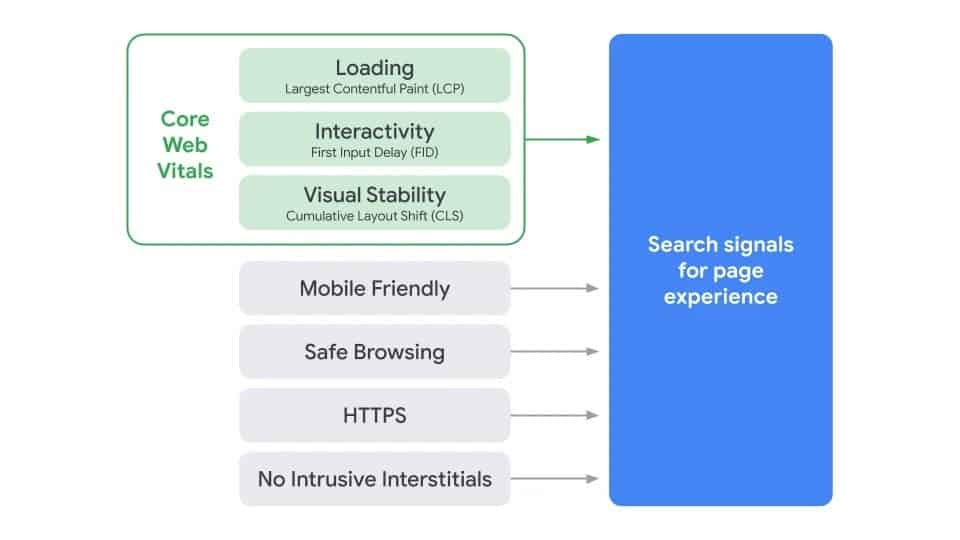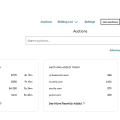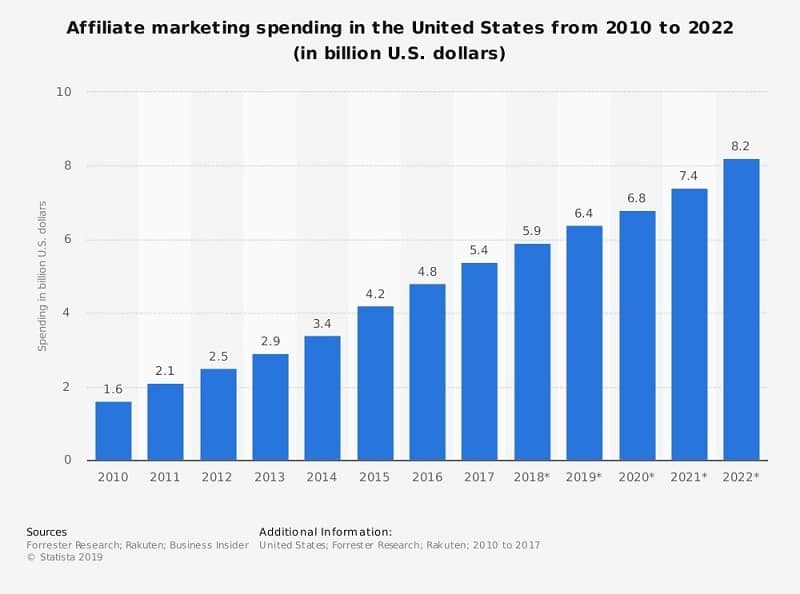Your driving history plays a pivotal role in setting auto insurance rates. Insurers consider numerous aspects of your past driving behavior such as accidents, traffic violations and mileage when calculating risk profiles and premiums.
A clean record typically results in lower premiums while having accidents or violations on your record could incur higher rates. Understanding how driving history impacts rates will enable informed decisions with limited costs to avoid unnecessary expenditures and improve driving behavior overall.
In the following article, we’ll go over some key elements affecting insurance rates while offering tips to manage them effectively.

Table of Contents
Accidents Affect Insurance Premiums
One of the primary factors affecting your insurance rates is your history of accidents. Filing claims due to accidents makes insurers assess you as being at an increased risk, so they consider both at-fault and not-at-fault accidents when reviewing histories. When multiple at-fault incidents take place, premiums could increase significantly while not-at-fault incidents may not cause such dramatic effects; nevertheless, both scenarios could lead to increases depending on provider policies.
Insurance companies typically keep records of accidents for three to five years. After this period, past accidents should no longer affect your rates, provided you have maintained a clean driving history since then. However, keep in mind that insurers may review your driving history beyond this window, which directly influences insurance rates. Hence, practicing safe driving habits is beneficial to reduce accidents whenever possible.
To get the best offer tailored to your specific needs, no matter how risky of a driver you are, you should consider consulting with a car insurance broker in your area. They have relationships with various local insurers and will offer you the best car insurance quotes that provide coverage while staying within your budget.
Traffic Violations and Their Long-Term Effects
Traffic violations are another key element that can significantly influence your insurance premiums, with speeding tickets, running red lights, and DUI, all playing an important role. Each offense carries its penalties, and insurers usually assign points based on severity. Accumulating points could increase premiums or lead to suspension of driving privileges altogether.
As with accidents, traffic violations can have long-lasting repercussions for your insurance rates. Minor violations like speeding tickets, may affect premiums for three to five years while more serious offenses like DUI with alcohol levels above 0.08%, can alter them for up to ten years or even longer.
When receiving any traffic violation tickets you must understand its effect on your premiums as soon as possible, and consider taking measures such as enrolling in defensive driving courses, which could remove points from your record or offer discounted premiums.
Influences of Mileage and Driving Habits on Safety
Your driving habits and mileage can have a dramatic impact on your insurance rates, even without accidents or violations being involved. Covering long distances or using your car for work frequently could mean higher premiums than with someone who uses it less often.
Your driving style and location may also impact your rates. Driving in urban areas with higher levels of congestion and accident risks could increase insurance costs compared to rural driving. Some insurers provide usage-based policies that monitor speed, braking, and acceleration, using telematics devices. Such policies offer lower premiums if your habits align with safety, but could penalize riskier behaviors by charging extra premiums.
Understanding your driving patterns is vital when making wise insurance choices. If you find that your mileage drops significantly below average, inform your insurer, as this could open the door for savings opportunities. Also, adopting safer driving practices could benefit in terms of rate savings over time.

Claim History’s Effect
Your claims history is another key factor that can impact the cost of your premiums. Frequent or repetitive filing of claims, even minor ones, is taken by insurers as evidence that shows increased risk and can drive premium costs up. Accidents do occur from time to time but filing claims more frequently could indicate you are more prone to experiencing problems on the roads.
Insurance providers frequently offer discounts to drivers with an accident-free record in return for better claims management, leading to significant savings when premium payments become due.
Manage Your Driving Record To Achieve Better Rates
Given how significant driving history impacts insurance rates, taking measures to manage it effectively is paramount to keeping premiums under control and potentially saving money on future coverage costs. Here are several strategies designed to keep a good driving history and help reduce insurance premiums:
- Practice safe driving: Avoid aggressive driving behaviors and adhere to traffic laws when operating your vehicle, while regularly reviewing safe driving techniques. This can help decrease accidents and violations.
- Consider defensive driving courses: If you have received a traffic violation, enrolling in a defensive driving course could demonstrate your dedication to safe driving practices and may help reduce points or earn insurance discounts.
- Compare insurance providers: Because insurers weigh your driving history differently, shopping around for quotes will help ensure you find a provider with competitive rates based on what fits best with your record.
- Monitor your driving behavior: If you choose a usage-based insurance plan, make an effort to develop safer driving practices. Safer driving can lead to lower premiums while simultaneously showing your commitment as a responsible motorist.
- Stay informed of your record: Periodically review your driving record to make sure it is an accurate depiction. If any discrepancies such as incorrect accident details or violations arise, promptly take steps to address them so your record accurately reflects your true driving history.
Bottom Line
Your driving history plays an integral part in your auto insurance rates, with factors like accidents, traffic violations, mileage, claims history and driving habits all playing into insurers assessing risk and setting premiums. Being mindful of these elements and taking proactive steps to maintain a clean record could help you save money while simultaneously improving road safety for all those on the road.
























